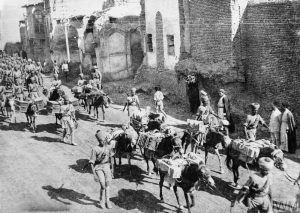
On Friday, 28th April the Away from the Western Front project held a formal launch event at Islington Museum in London. Away from the Western Front, a registered charity, has received a grant of £99,500 from the Heritage Lottery Fund (HLF) for its dynamic First World War centenary project which will explore the heritage of the men and women from Britain and its former Empire who served in the often overlooked campaigns of Salonika, Egypt, Palestine, Syria, Mesopotamia and Africa.
The project offers contrasting perspectives on the campaigns and will provide opportunities for local communities to engage with and learn about this global event. The project will also be working with Turkish and Iraqi communities which opposed the Allies in the First World War and with groups originally from India, Pakistan and the West Indies whose forebears volunteered to join the British army.
In addition to a national music event and a creative writing competition the project will be working with several local and regional partners in Devon, Lancashire, Berkshire, Sussex and London. Local museums and National Trust properties in these areas will work with adult community groups, youth groups and schools with funding from the grant to research the lives and stories of those who served in these far away campaigns. Those stories will be brought to life through engaging creative outputs, drama, film, art and music, specifically designed to raise public awareness of the First World War away from the Western Front.
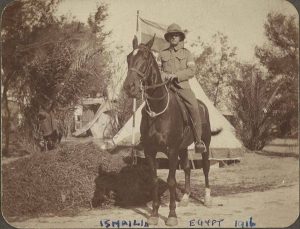
The event was an opportunity to hear from several of the local and regional partners who will be working with adult community groups, youth groups and schools with funding from the grant to research the lives and stories of those who served in these far away campaigns.
The guest speakers highlighted the varied campaigns, nations and direct experiences of those who were involved in this part of the First World War. Major Paul Knight gave an overview of the campaign in Mesopotamia, which is now modern day Iraq. Susan Burnett drew on her grandfather’s memoirs to discuss his time in the Middle East. Susan spoke of the social issues that her grandfather,
Norman Woodcock encountered, the health problems faced by the troops in the desert and the challenges posed by camels. Tony T’s presentation on the Black British Caribbean service in Palestine told the story of some of the men from the West Indies who took part in the First World War. From a recorded interview we were privileged to hear directly from Gershom Browne about his experiences in the Middle East from his arrival in Egypt from the Western Front in 1916 with the British West Indies Regiment (BWIR), to his role helping to cut off the Turkish retreat at the Battle of Megiddo.
In addition to the HLF award, the project is being supported by grants from the Centre for Hidden Histories and the British Institute for the Study of Iraq (Gertrude Bell Memorial). The latter will enable British students taking part in one of the regional projects to meet Iraqi students of the same age to meet and exchange opinions.
All the results from this project will be presented on a dedicated website offering a long-term digital archive designed for public access and learning. This website was launched at the event: www.awayfromthewesternfront.org
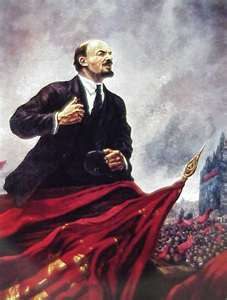
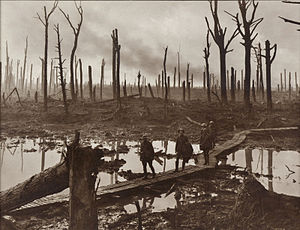
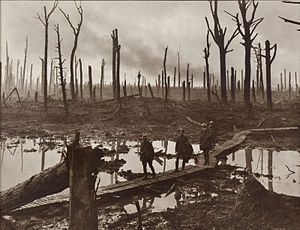 The Passchendaele campaign, fought in the Flanders mud, provides many of the most enduring images of the Western Front. It also remains one of the most controversial battles of the War. At this public conference, the continuing reinterpretation of the battle will be discussed as we approach the 100th anniversary of the ‘Battle of Mud’. The academic controversies concerning the Passchendaele campaign have often reflected differing viewpoints on British identity and the extent to which the War exemplified British values. The conference will explore how the War impacted on Britain’s communities and the impact it has had on the evolution of a shared identity. It will examine the various ways in which Britain has marked the First World War centenary, examining the social, cultural and political influences that have shaped the commemorations. As the Silk Mill Museum hosts the Weeping Window, from the installation ‘Blood Swept Lands and Seas of Red’ by Paul Cummins, the Conference at Derby University provides an opportunity to discuss what impact the centenary events have had on public knowledge and understanding of the Great War.
The Passchendaele campaign, fought in the Flanders mud, provides many of the most enduring images of the Western Front. It also remains one of the most controversial battles of the War. At this public conference, the continuing reinterpretation of the battle will be discussed as we approach the 100th anniversary of the ‘Battle of Mud’. The academic controversies concerning the Passchendaele campaign have often reflected differing viewpoints on British identity and the extent to which the War exemplified British values. The conference will explore how the War impacted on Britain’s communities and the impact it has had on the evolution of a shared identity. It will examine the various ways in which Britain has marked the First World War centenary, examining the social, cultural and political influences that have shaped the commemorations. As the Silk Mill Museum hosts the Weeping Window, from the installation ‘Blood Swept Lands and Seas of Red’ by Paul Cummins, the Conference at Derby University provides an opportunity to discuss what impact the centenary events have had on public knowledge and understanding of the Great War.